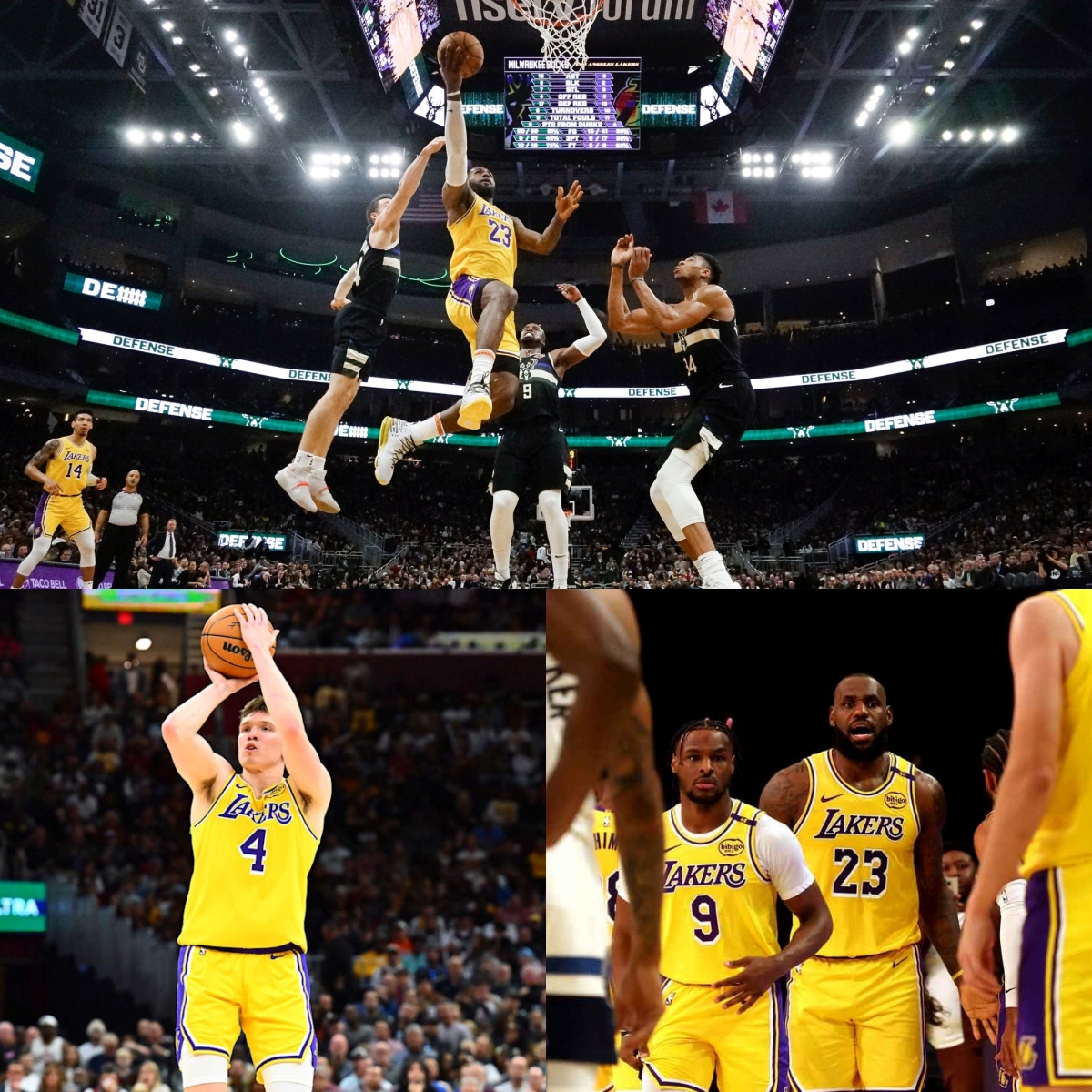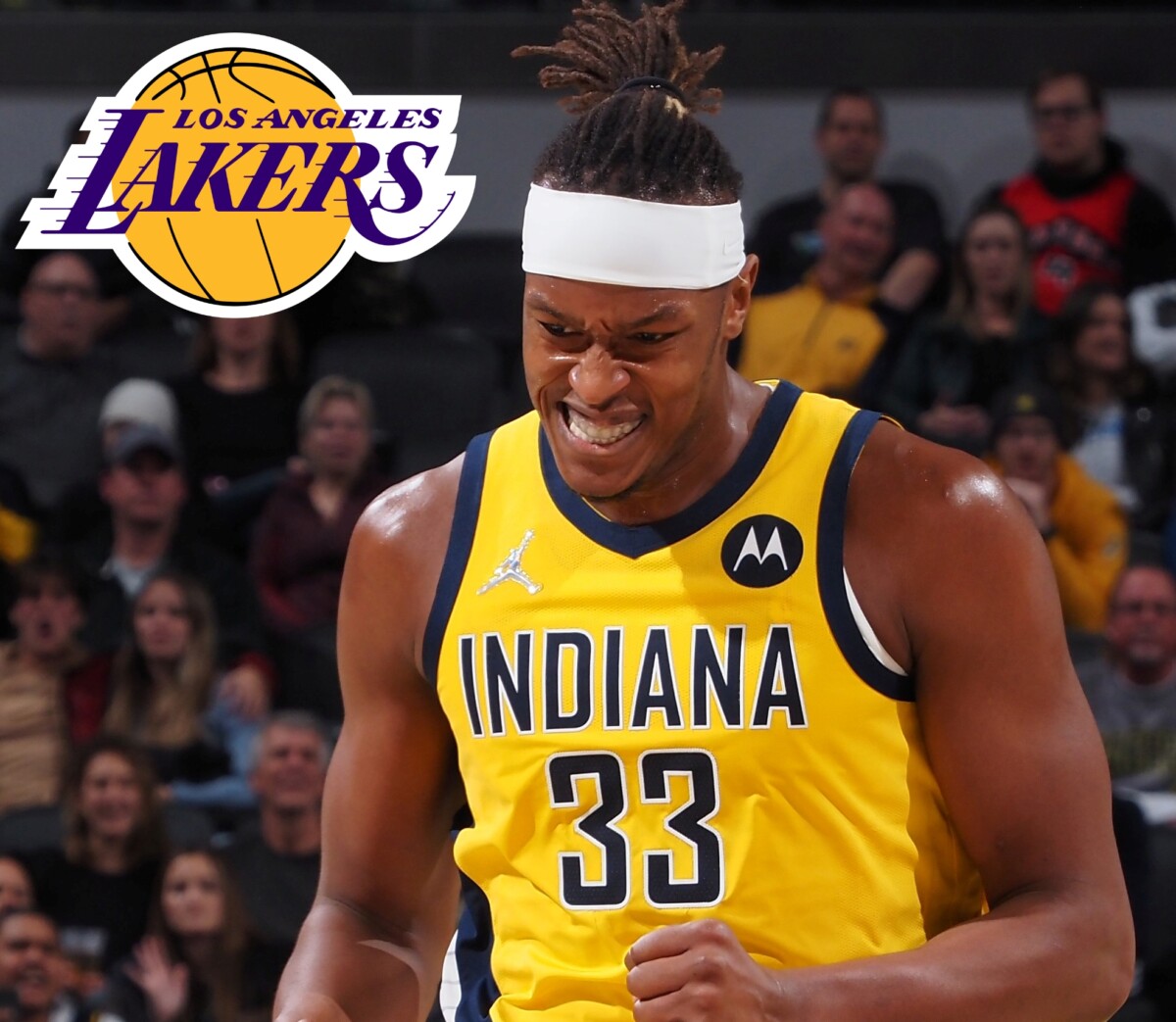The Los Angeles Lakers have been among the most polarizing teams in the NBA during the early stages of the 2024-25 season. JJ Redick turned heads early, leading the Lakers to a 3-0 start with his innovative tactics, but the team has since lost three of its past four games.
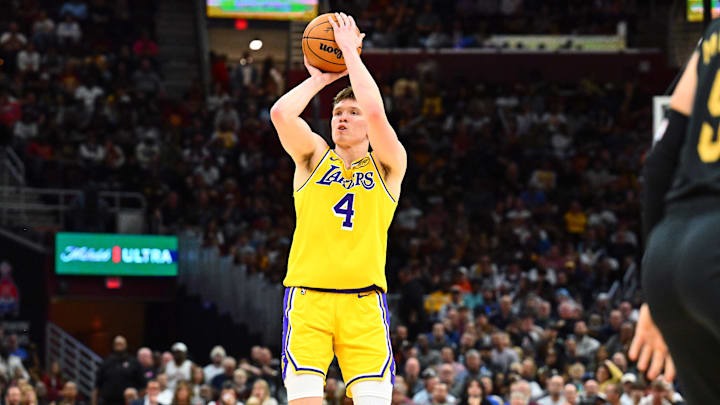
A seven-game sample size can only tell viewers so much, but Los Angeles already needs to make three significant changes to its approach.
Los Angeles has displayed its potential as a contender with victories over the likes of the Minnesota Timberwolves, Phoenix Suns, and Sacramento Kings. Unfortunately, it’s also blown an 18-point lead against Phoenix, lost a lopsided clash with the Cleveland Cavaliers, and fallen to the lowly Detroit Pistons.
The schedule hasn’t done the Lakers any favors, including an early back-to-back and a five-game road trip, but that doesn’t make the need for improvement any less significant.
In some cases, it’s a matter of the Lakers simply providing more touches or minutes to players who will be essential to team success. In others, it will be a matter of matching energy on both ends of the floor in an area that should be a strength but simply hasn’t been.
That all begins with providing the most productive shooter on the team with a chance to help save the second unit from borderline irrelevance.
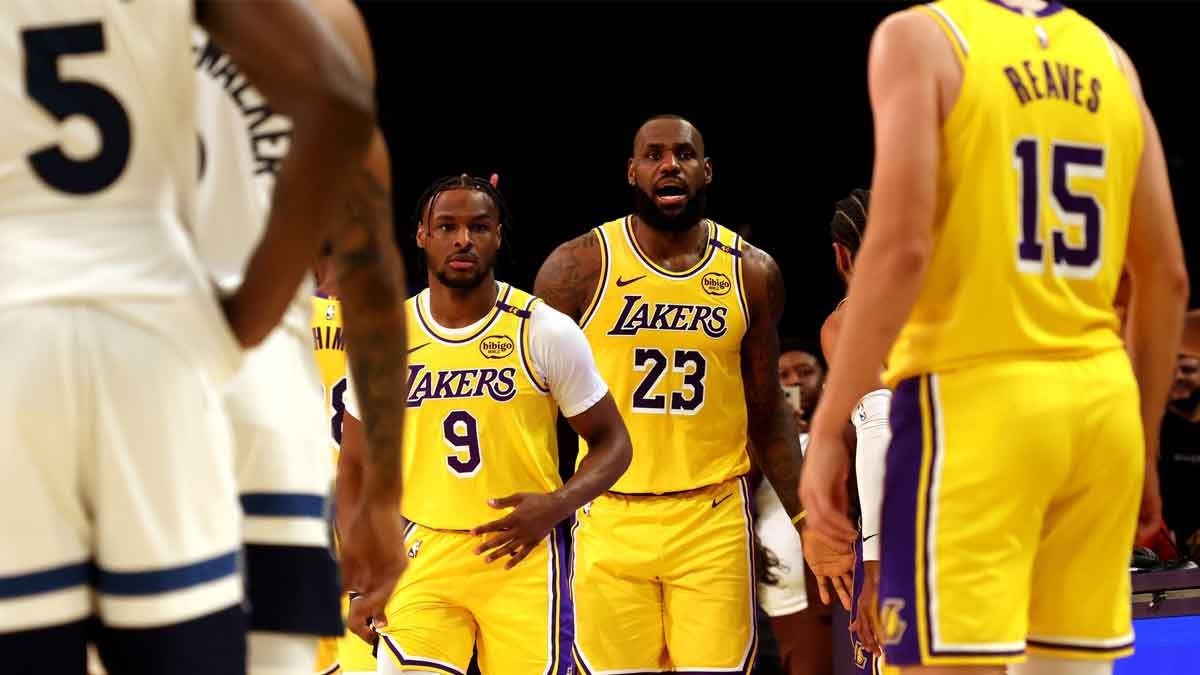
1. Give Dalton Knecht consistent minutes
Through seven games, rookie sharpshooter Dalton Knecht looks like the only option the Lakers have for consistent offense off the bench. There are flaws he must address, of course, including his general play on defense, but Los Angeles doesn’t have the luxury of being picky with how its second unit comes by points.
The Lakers’ second unit currently ranks dead last in points per game and No. 29 in offensive rating—a truth that’s greatly influenced by Knecht’s limited playing time.
Knecht has played well from an offensive perspective, averaging 7.3 points and 1.3 three-point field goals made in just 15.9 minutes per game. It’s too early to put significant stock into statistics, but those figures translate to 16.5 points and 2.9 threes per 36 minutes.
Considering he’s shooting efficiently with a slash line of .474/.375/1.000, there’s reason to believe Knecht can occupy the role of a true sixth man with more playing time.
There may be defensive flaws to work on, but the Lakers are in desperate need of consistent offense off the bench. Knecht leads all of the team’s reserves in scoring and three-point field goals made, both on a per-game and per-36 basis.
Knecht also leads all Lakers players in three-point field goals made per 36 minutes—a worthwhile fact regardless of how underwhelming the second unit has been.
2. Run designed plays to get Gabe Vincent involved on offense
The Lakers signed Gabe Vincent to a three-year, $33 million contract in 2023. The goal with that move was to bolster the second unit with a two-way player who scored upwards of 20 points on six different occasions during the 2023 NBA Playoffs.
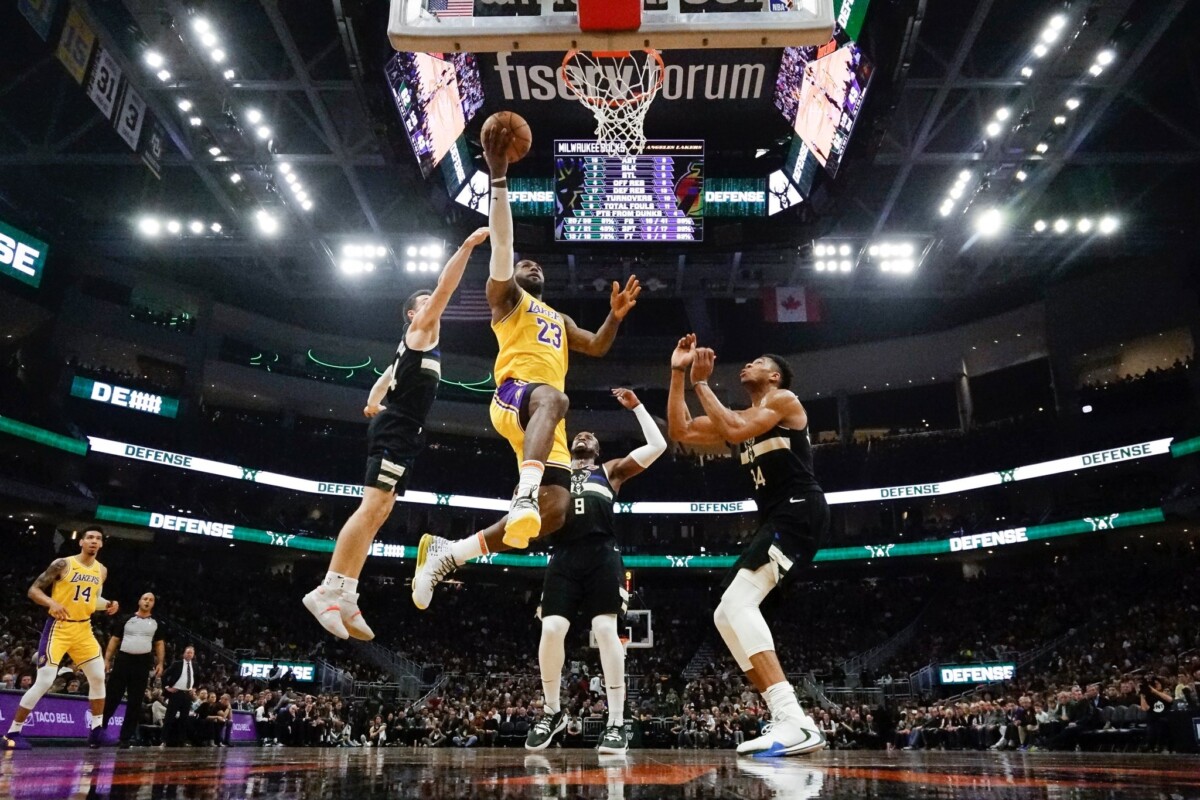
Unfortunately, Vincent is producing at the same impossibly inefficient level that he did in 2023-24—and the Lakers need to figure out if that’s going to change.
Vincent finished the 2023-24 regular season averaging 3.1 points in 19.8 minutes per game, shooting at a clip of .306/.107/.500. His season was defined by injuries, however, and those numbers were accumulated across just 11 games.
Through seven appearances in 2024-25, Vincent has averaged 2.7 points in 17.7 minutes per game on .296/.188/.000 shooting—marking 18 games of horrendous inefficiency.
The Lakers must buck that trend as quickly as possible, as Vincent’s lack of scoring has directly influenced the second unit’s poor play. His defense is still strong, but he’s yet to score more than five points in a game—and attempted zero shots in 18 minutes the last time out.
If the Lakers are going to realize their full potential, then they need to figure out if Vincent can still be the player he was before an injury-plagued 2023-24 campaign—or decide how to change course.
3. Value transition basketball in equal measure
The Lakers have made a habit out of getting out in transition and putting up points in a hurry. Between LeBron James and Austin Reaves, they’ve found two playmakers to rely upon during those open-court moments.
Unfortunately, the Lakers’ success in transition on offense has been countered by their blatant disregard for getting back on defense.
Through seven games, the Lakers rank No. 4 in the NBA at 18.4 fast break points per game. Unfortunately, that strength is entirely neutralized by the fact that Los Angeles is currently dead last in fast break points allowed per contest at 20.7.
That 2.3-point swing has turned what should be an essential strength into an effort to simply mask the impact of one of their most glaring flaws.
If the Lakers are going to right the ship, then they’ll need to play with as much enthusiasm when defending the fast break as they do when getting out in transition on offense. It’s the only way to begin the process of preventing the opposition from scoring with relative ease.
With these three changes, the Lakers would give themselves a chance to recover from three losses in four games, and build a more sustainable product moving forward.


